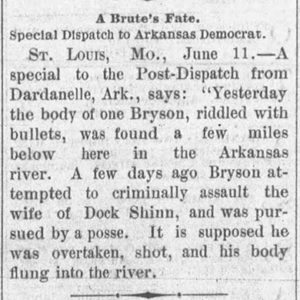 Bryson Lynching Article
Bryson Lynching Article
Entry Category: Law - Starting with B
 Bryson Lynching Article
Bryson Lynching Article
Bullfrog Valley Gang
Bunn, Henry Gaston
Burgess, Franklin
Burnett Family (Executions of)
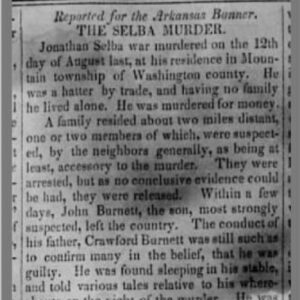 Burnett Family Execution Story
Burnett Family Execution Story
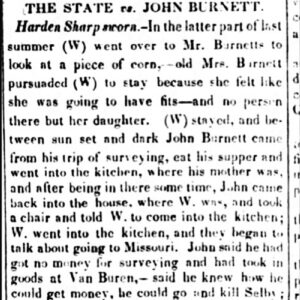 Burnett Trial Story
Burnett Trial Story
Burnett, Henry (Execution of)
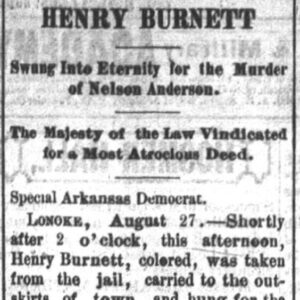 Henry Burnett Execution Story
Henry Burnett Execution Story
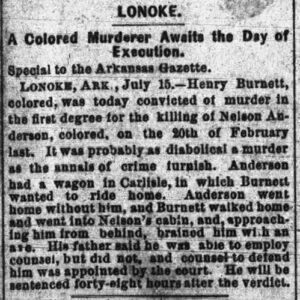 Henry Burnett Execution Story
Henry Burnett Execution Story
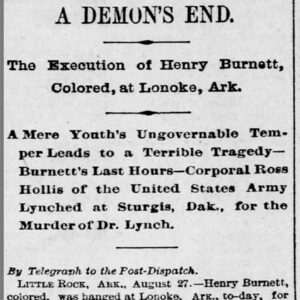 Henry Burnett Execution Story
Henry Burnett Execution Story
Burrow v. Pocahontas School District
Burton-Aikin Feud
 Richard Butler
Richard Butler
Butler, Richard Colburn III
Butler, Richard Colburn, Sr.
Butler, Turner
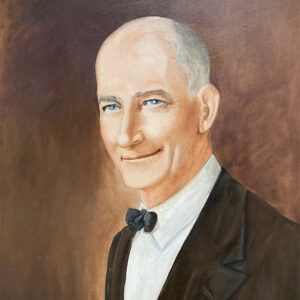 Turner Butler
Turner Butler
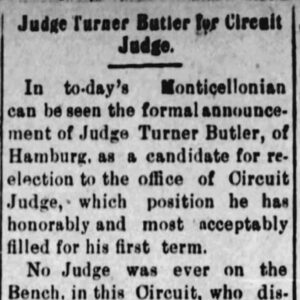 Turner Butler Candidacy Story
Turner Butler Candidacy Story
Butlerville Lynching of 1882
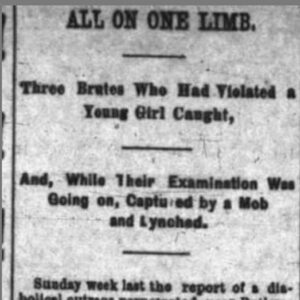 Butlerville Lynching Article
Butlerville Lynching Article




